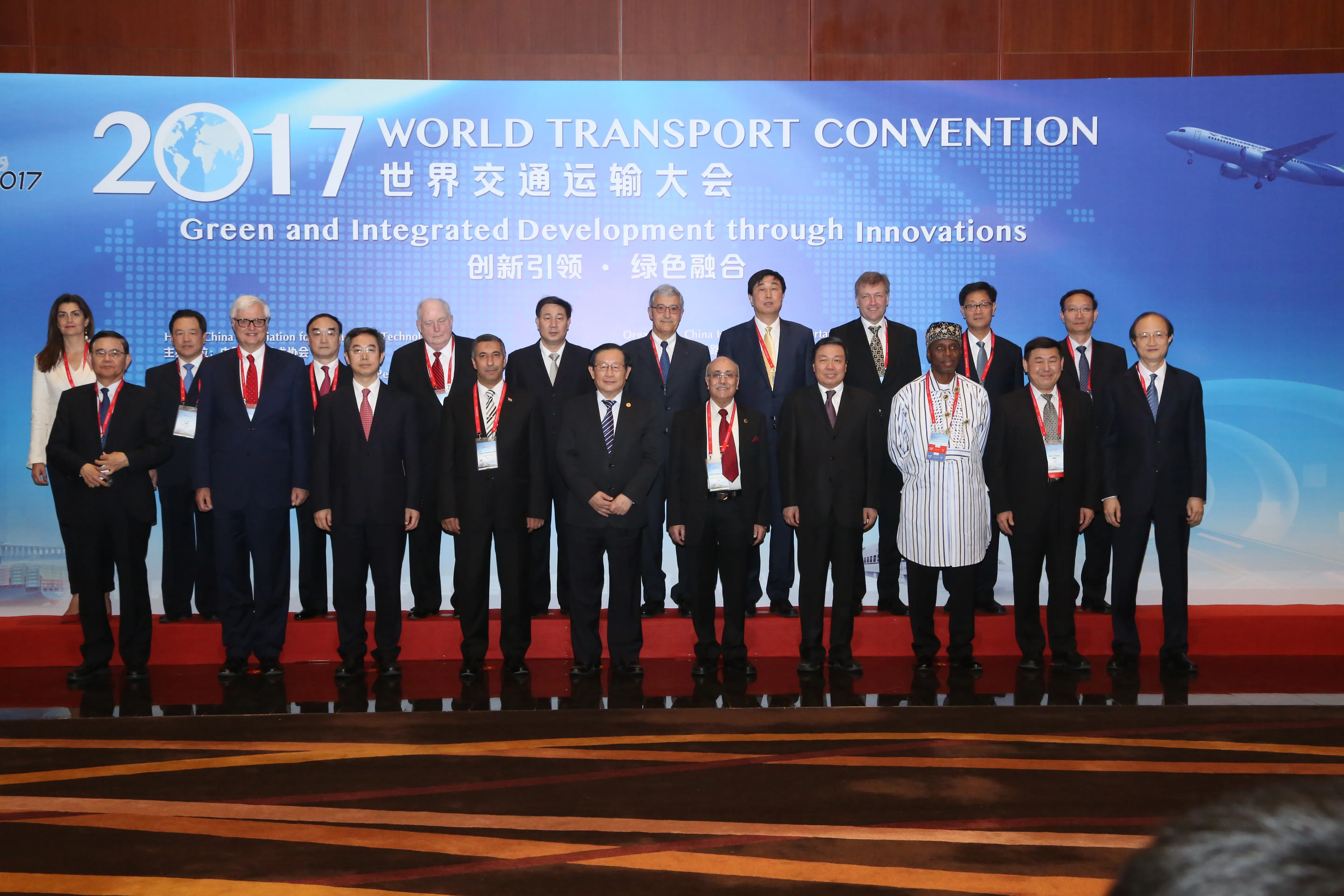The International engineering federation FIDIC (the International Federation of Consulting Engineers) and ITA-AITES (the International Tunnelling and Underground Space Association) are jointly publishing a new form of contract for tunnelling and underground works. Called The Emerald Book, this new contract form is intended to meet developments in the fast-growing underground market sector. The new Conditions of Contract for Underground Works (The Emerald Book) is expected to be widely used. Underground construction is highly dependent on the geological, hydrogeological and geotechnical properties of the ground, influencing the methods required for the successful implementation of the works. In addition, the difficulty in predicting ground behaviour and foreseeable conditions implies an inherent uncertainty in underground construction which gives rise to contractual risks regarding construction practicability, time and cost.
These risks are addressed in The Emerald Book, launched at the World Tunnel Congress 2019 in Naples. The launch follows several years of intensive work by a joint task group of representatives of FIDIC and ITA-AITES who identified several issues that the new standard form of contract should address to promote equitable risk allocation and the effective dealing with conditions typically unforeseeable in such projects.
These issues include several key areas, all of which have been specifically addressed in the new contract. These include: allocation of risk; disclosure of all available geological and geotechnical information; inclusion of a contractual geotechnical baseline; inclusion of a tailored “Unforeseeable Physical Conditions” clause. They also include: implementation of a ground classification system and of supporting particular conditions that properly reflect the effort of excavation and stabilisation; time for completion is largely influenced by ground conditions; provision of a flexible mechanism for remuneration according to ground conditions, foreseen and unforeseen.
Take-up of the new Emerald Book contract is expected to be widespread. Commenting on the launch of the contract, FIDIC contracts committee chair Zoltán Záhonyi said: “Working together, FIDIC and ITA-AITES have created a contract that we believe, and hope will command the respect and authority of the tunnel engineering and construction sector and that both clients and contractors can use with confidence. The new Emerald Book addresses several critical areas that should lead to the smoother running of contracts in the growing tunnelling and underground works sector.”
Tarcisio Celestino, president of the International Tunnelling and Underground Space Association, commented: “The Emerald Book will bridge an important gap. Despite all the technological developments of equipment and techniques in the field, many underground construction projects end up unsuccessful because of contractual disputes. The book brings together the result of the expertise and respectability of ITA-AITES and FIDIC in the fields of contracts and specificities for underground constructions.”
New tunnel contract format published
The International engineering federation FIDIC (the International Federation of Consulting Engineers) and ITA-AITES (the International Tunnelling and Underground Space Association) are jointly publishing a new form of contract for tunnelling and underground works. Called The Emerald Book, this new contract form is intended to meet developments in the fast-growing underground market sector. The new Conditions of Contract for Underground Works (The Emerald Book) is expected to be widely used. Underground cons
May 7, 2019
Read time: 3 mins








